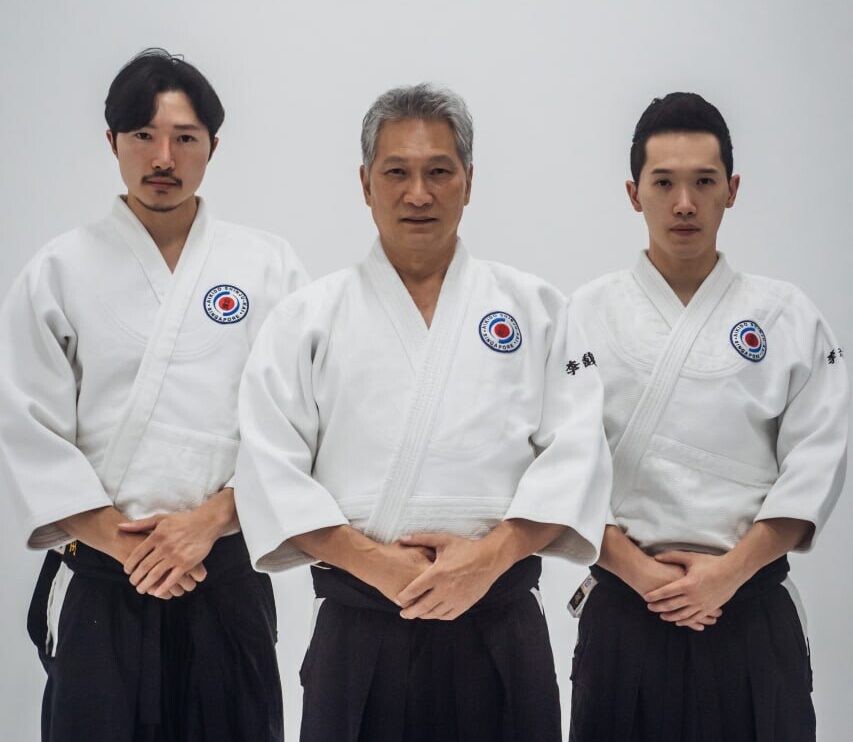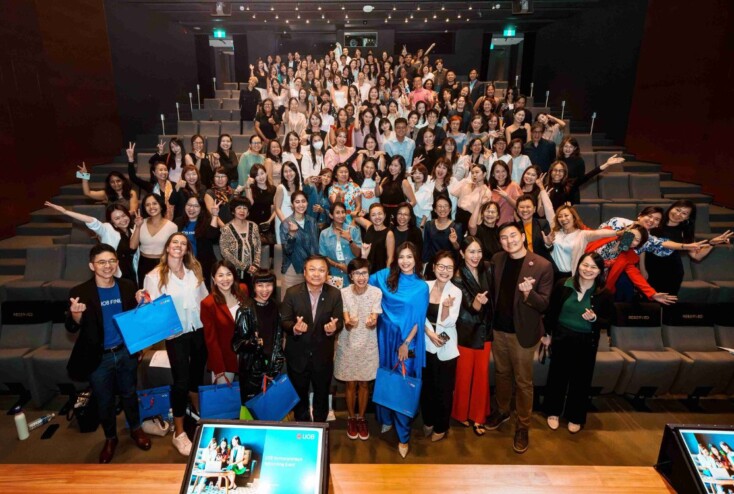
Upskilling: A Key Strategy to Futureproof SMEs in a Digital and Sustainable Economy
Upskilling is the key for SMEs to thrive in a digital and sustainable economy—and UOB FinLab is here to make it happen.

Aikido Shinju-Kai was founded by Phillip Lee in 1988. Before the dojo’s inception, Phillip was a full-time architect and taught Aikido as a hobby on the side. His passion for the martial art and his desire to teach attracted members from all walks of life to train in Aikido and incorporate its philosophy of staying calm into daily life. Word of mouth recommendations eventually reached members of the Singapore Police Force who gave Phillip a contract to train over 300 active police personnel in 1999.
Seeing the effectiveness of Aikido, its philosophy and Phillip’s coaching style, the Singapore Armed Forces soon requested Aikido Shinju-Kai to train hundreds of soldiers in Singapore.
This big break enabled Phillip to quit his job and teach Aikido full time. While Aikido Shinju-Kai grew and expanded its footprint across Singapore, Phillip ensured that his children practised Aikido to instil discipline, confidence and the philosophies learnt from martial arts that guided him throughout his life. Little did he know that through his teachings, his two sons, Alexander and Aloyseus, will eventually help him take his business to the next level.
Although Aikido Shinju-Kai grew exponentially through word of mouth, Alexander and Aloyseus saw that their father’s business had immense potential to grow even further and deepen engagement with the community.
The two sons initially wanted to pursue other career paths. However, their passion for Aikido steered them back to helping their father as second generation leaders in the business.
One of the strategies was to leverage digital tools to enhance everyday business operations while preserving the essence of Aikido during the lessons. Preserving the martial art’s legacy and quality of teaching came as a priority, and every tactic that was implemented was aimed to achieve that objective.
There were two main challenges that Alexander and Aloyseus saw in growing the business.
The first was how to deepen community engagement. By 2016, Aikido Shinju-Kai had close to 40 dojos with hundreds of members around Singapore and it was increasingly difficult to connect with every member. To address this, Alexander implemented Aikido Shinju-Kai’s first social media page on Facebook and Instagram to bring the community together and share their takeaways with each other. The platform also allowed members to engage with prominent Aikido masters from overseas and invite them to Singapore for seminars.
Fast forward to today, sharing content, knowledge and techniques on social media enabled members and trainers to become advocates and online influencers – allowing the dojo to reach a wider network of aspiring martial artists. To date, the gym has over 100k followers across Facebook, Instagram and Youtube.
The second challenge was streamlining business operations and class scheduling. As the dojos grew in numbers, the demographic of members grew with it. Members required greater clarity on which classes they should attend based on age and experience. To address this, Aloyseus first segregated the class based on age group and experience level, then digitised the entire booking process.
Before the implementation, class attendance was tracked by ticking off someone’s name when they entered the dojo. Membership payments were made in cash and online transfers. This added a layer of complexity when it came to identifying students with active or expired memberships. Determined to streamline this process, Aloyseus implemented an integrated app for payments and bookings where members could book and pay directly.
While the business experienced increased efficiency and growth, they were soon hit by an event that impacted the entire world: COVID-19


Upskilling is the key for SMEs to thrive in a digital and sustainable economy—and UOB FinLab is here to make it happen.

UOB FinLab Indonesia held a series of its UKM SUKSES programmes, benefitting various Indonesian founders. The programme covered various topics such as smart tax strategies, health talks, business solutions, and financial foundations for startups alongside speakers who are experts in their field.

Continuing from last year, #UOBxWomenpreneurs series returns in 2025, organised by Business Banking Singapore (BBS), UOB FinLab, and Group Wholesale and Markets Marketing (GWMM) to engage and empower women entrepreneurs in Singapore. The initiative creates a strong platform for women-led businesses to access practical resources, mentorship, and a supportive network as they grow and lead with confidence.

Designed for business owners to enhance their digital capabilities through practical learning, this programme takes businesses to the next level.
Designed for business owners to enhance their digital capabilities through practical learning, this programme takes businesses to the next level.


Bridge ideas and innovation, subscribe to the FinLab Connect now!